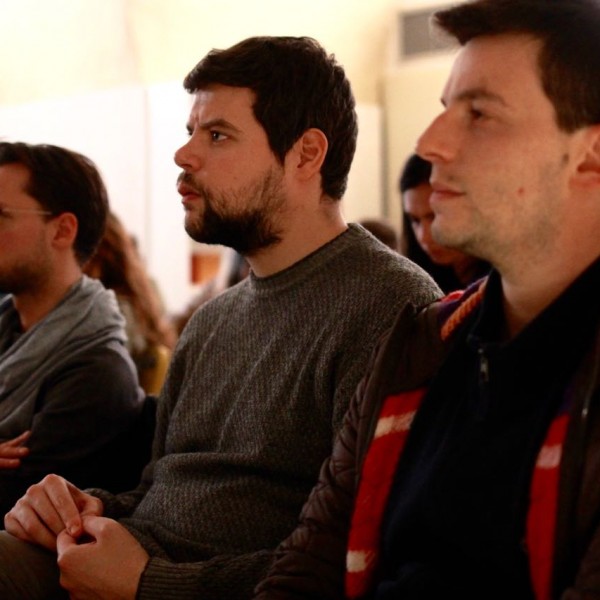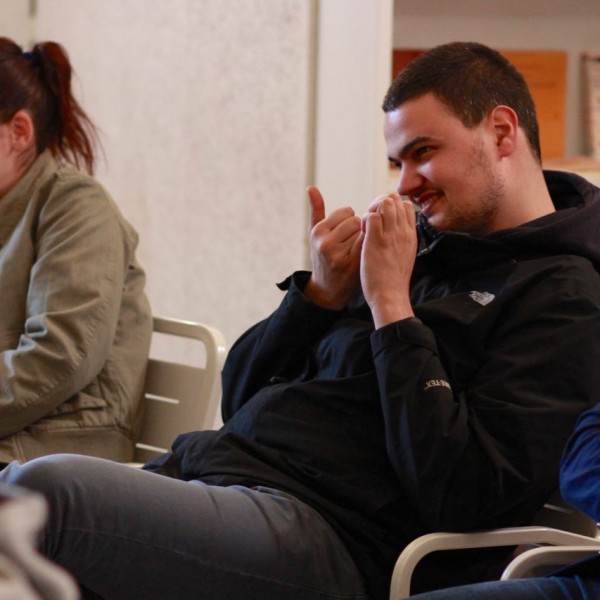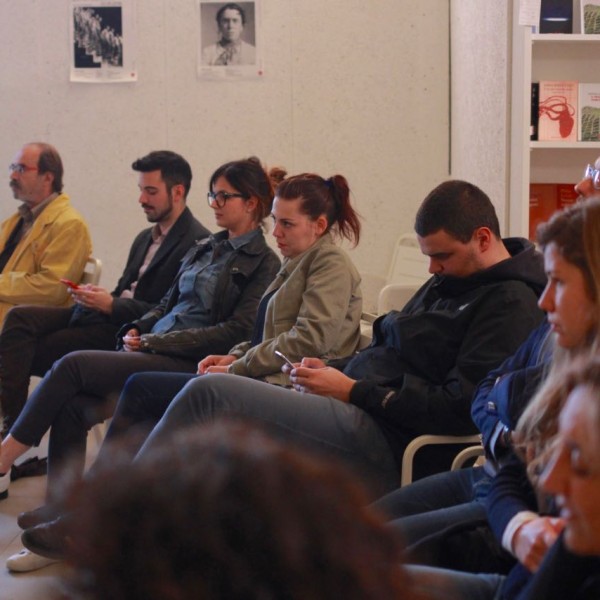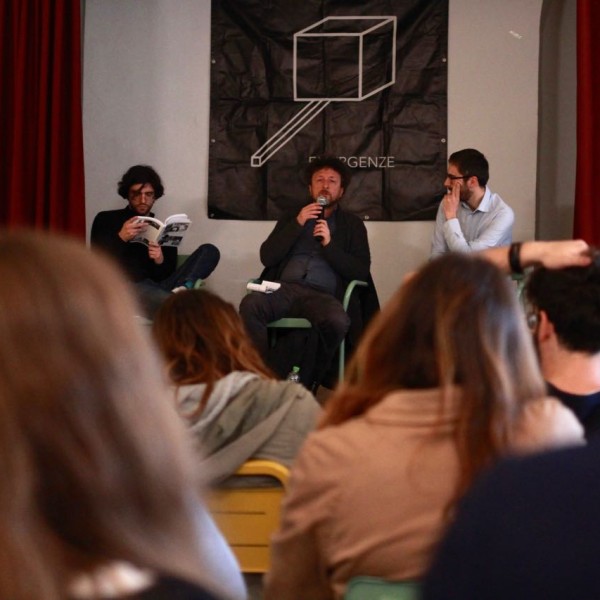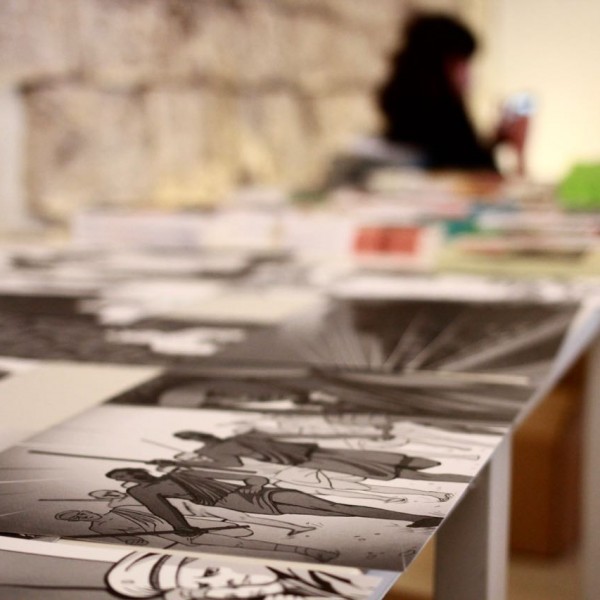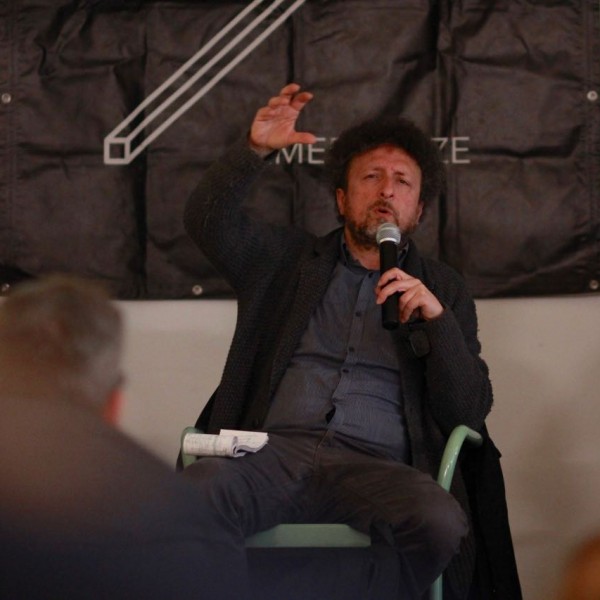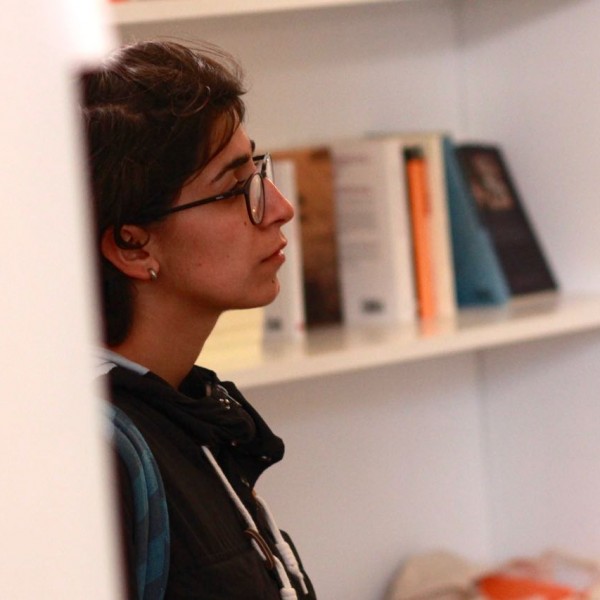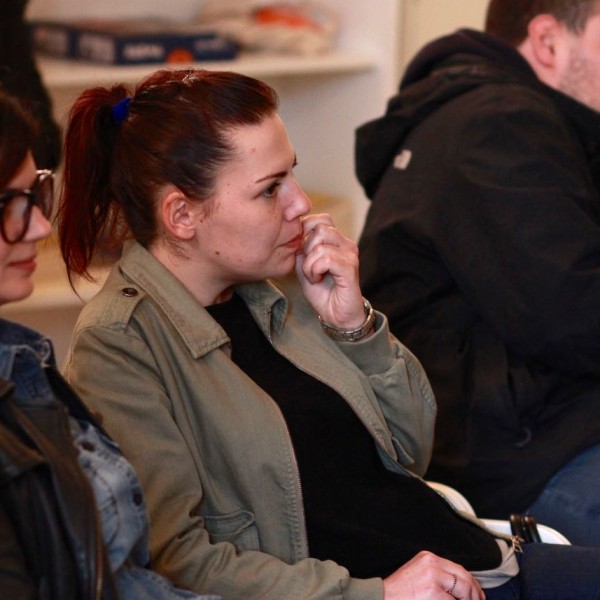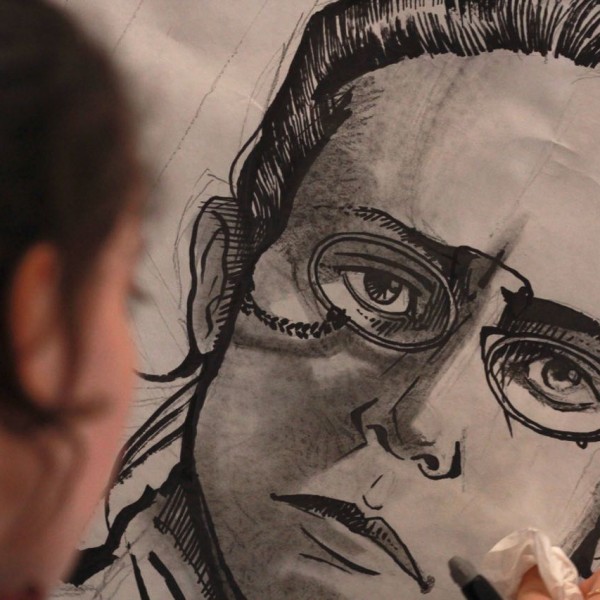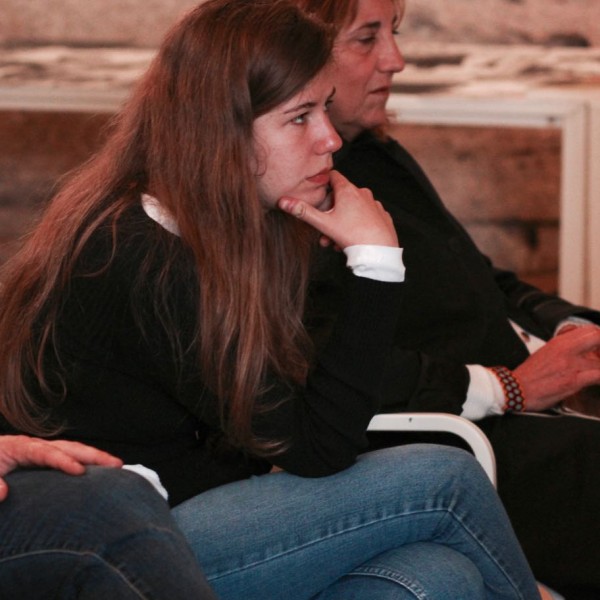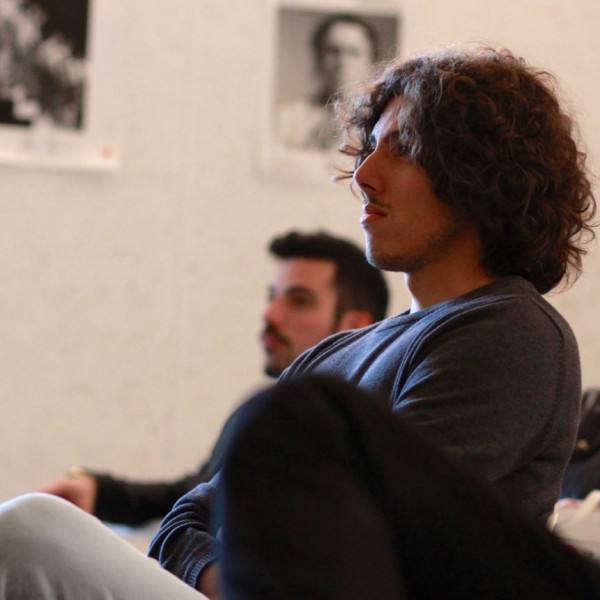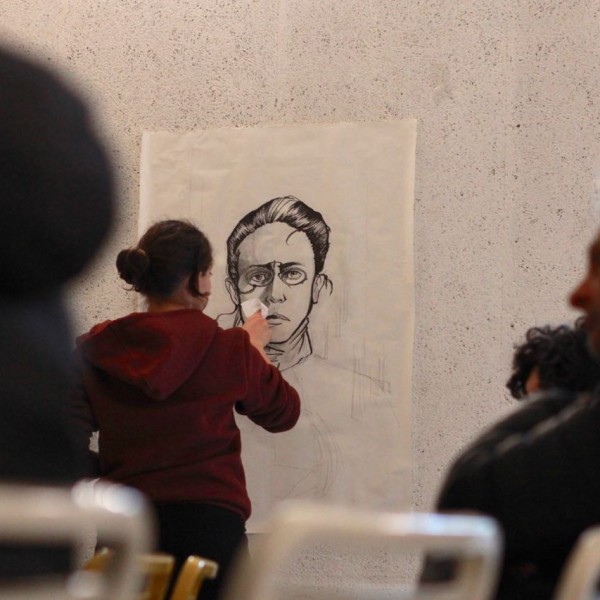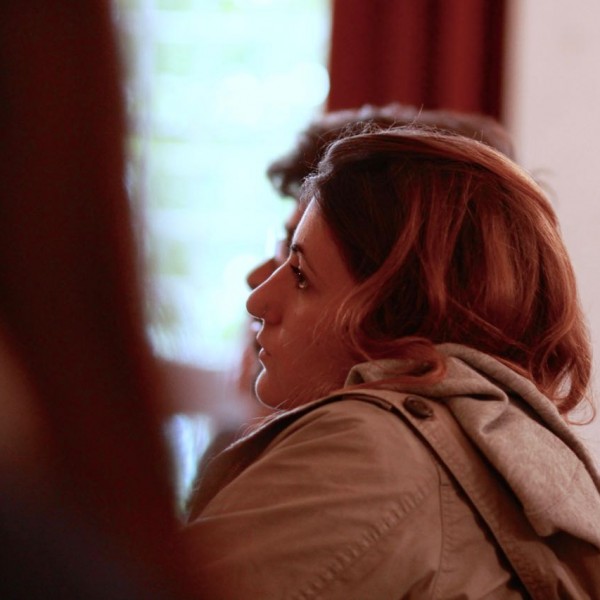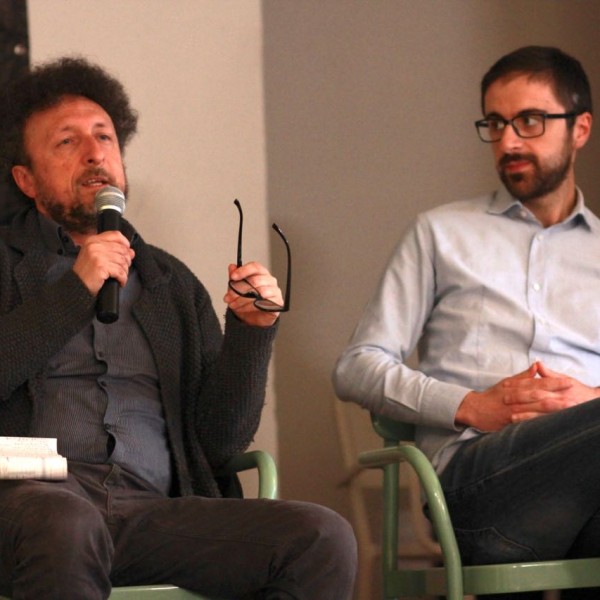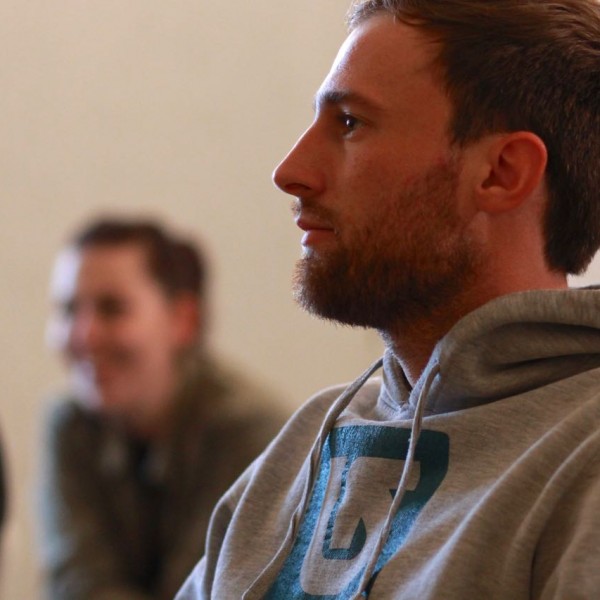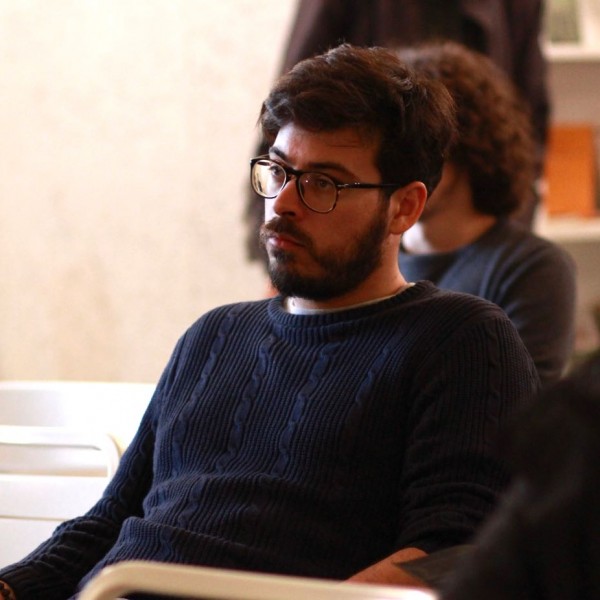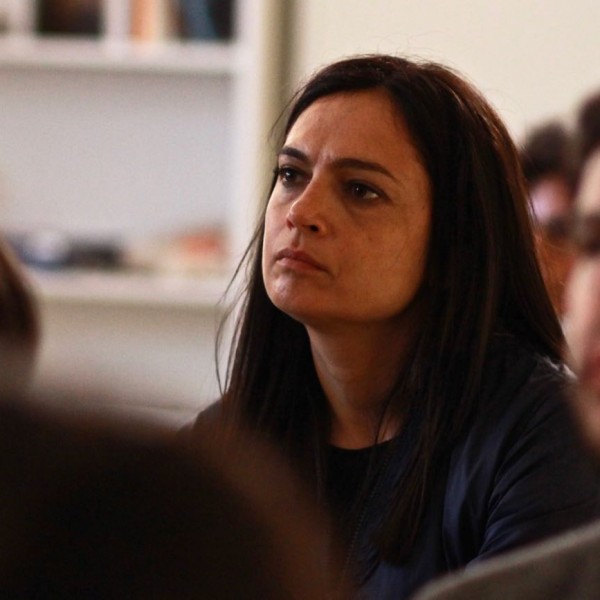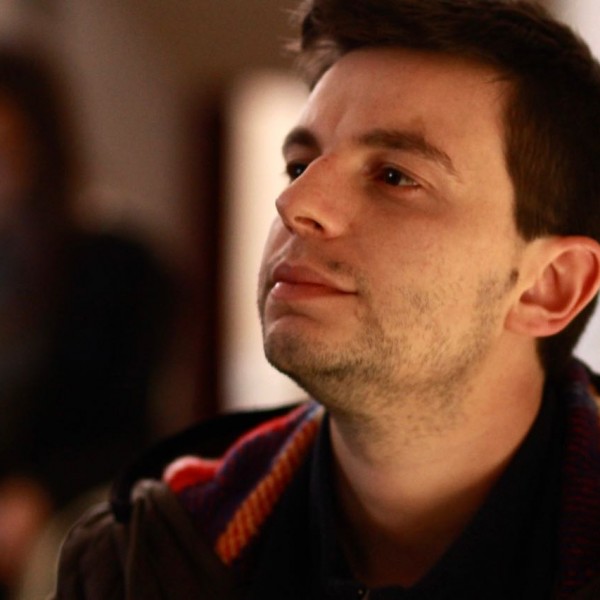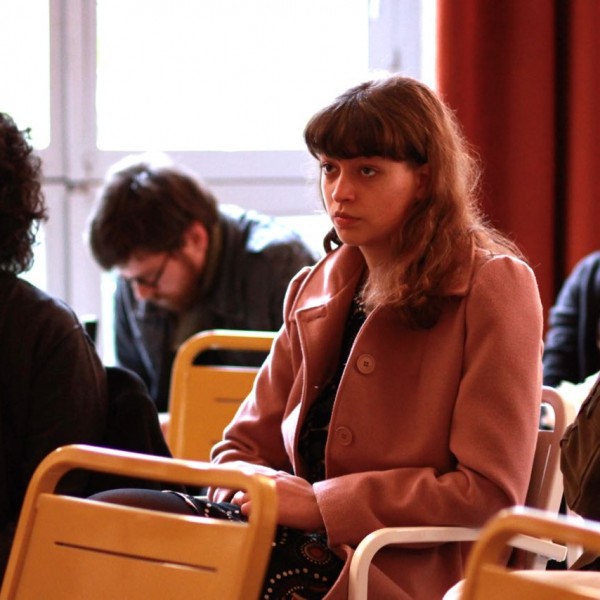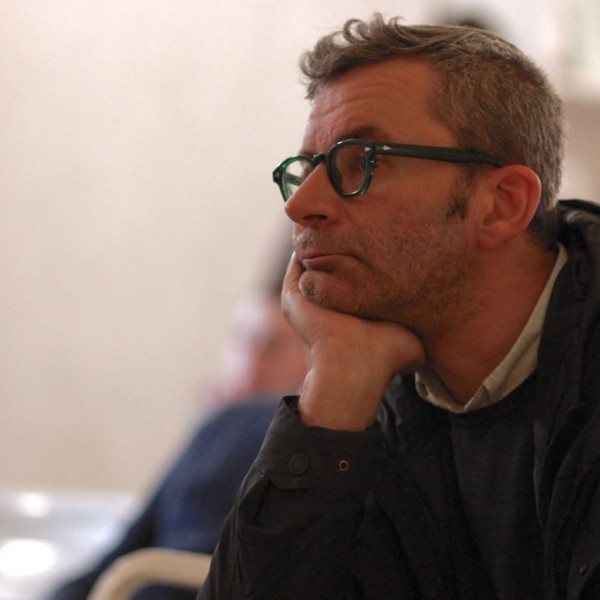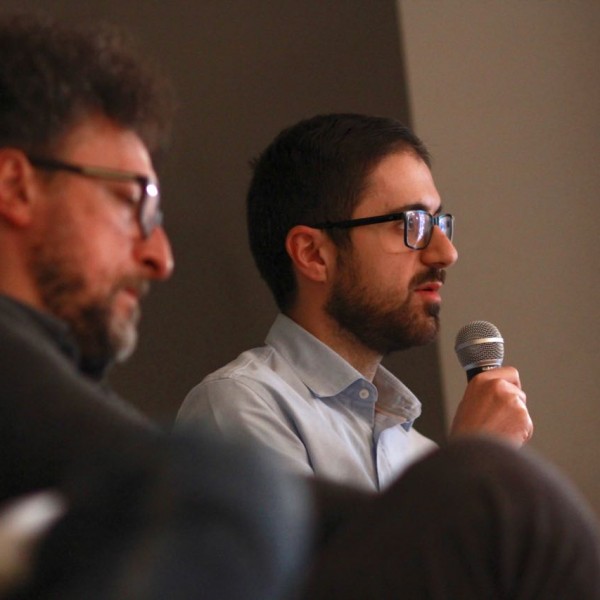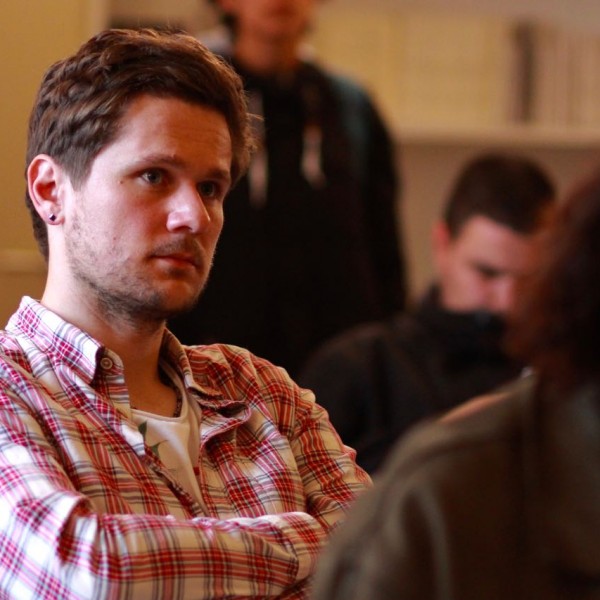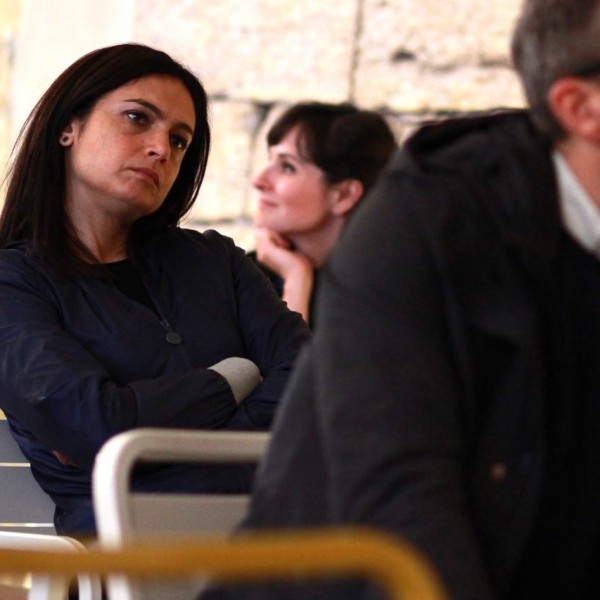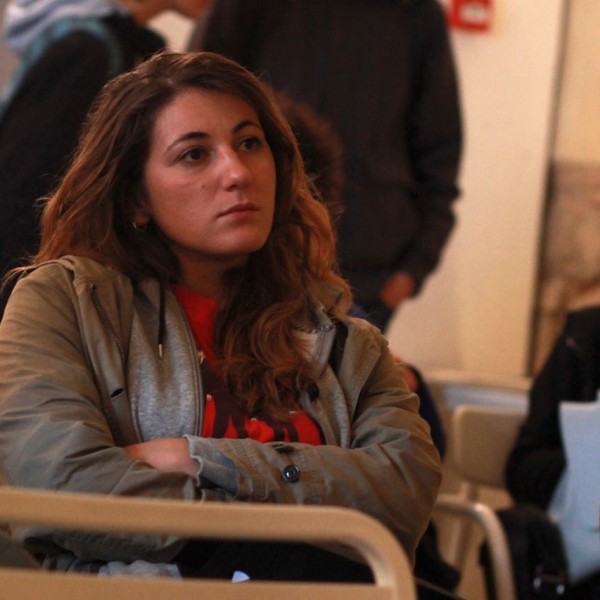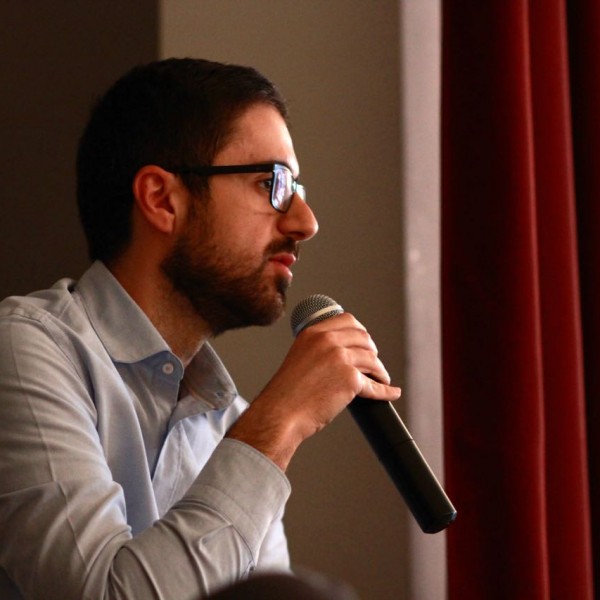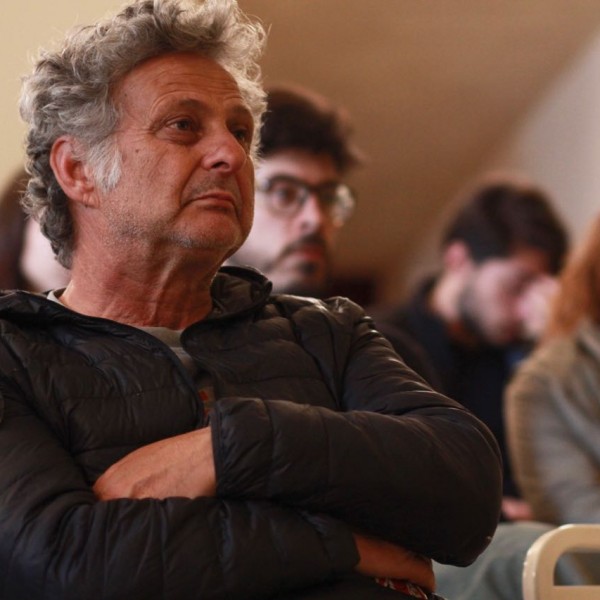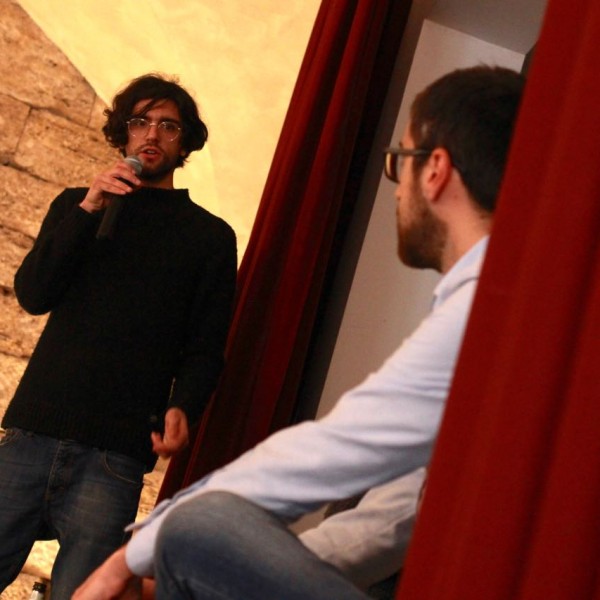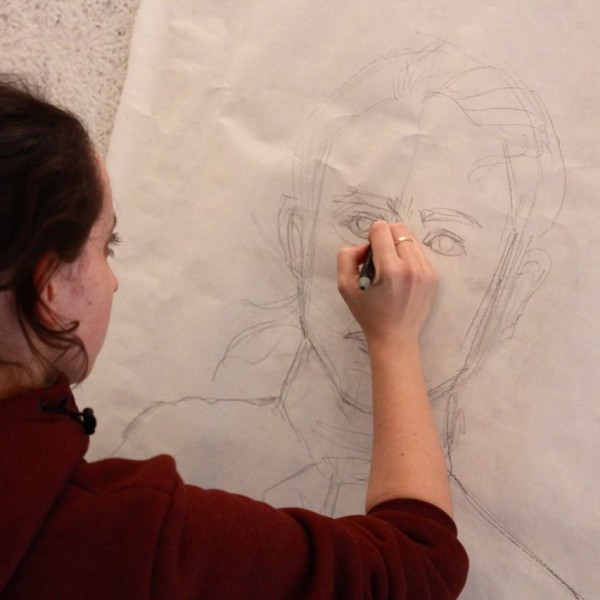“If love does not know how to give and take without restrictions, it is not love”
– Emma Goldman –
Live drawing, hot debates, (really) nasty weather, almanacs and high spirits with no restrictions: the second encounter of the “Four square meters of infinite space” season would’ve been much to the liking of the anarchic feminist quoted above. Having made a goal out of seeing and seeking the extraordinary in common stories, our friends from Cannibali e Re have put together a state of the art almanac filled with historical trivia – the kind you won’t find in your classic history books. So we gathered in order to celebrate this self-published piece of subversive narratives (that you can find both at Edicola 518 or via their Indiegogo campaign) and talk some more about our favorite characters. You know who they are: the outsiders, the anarchists, the revolutionaries, the brave ones that rarely make it into the lessons taught at school.
Matteo Minelli, one of the project’s founders was joined by Salvatore Cingari (teacher of History of political doctrines at the Università per stranieri in Perugia) and later on by Francesco Zuccaccia (web consultant and digital trainee) in a talk that touched on the whys and the hows of making and telling history. Matteo guided us through the beginnings and the makings of the project – how it got its name and inspiration from anthropologist Marvin Hariss’s omonimous book and how it grew into a community of “small” history aficionados. It wasn’t your usual great battles, flashy kings and famed treaties that had everyone hooked, but your everyday workers, migrants and adventurers that had chipped at the world’s facade with every act of resistance and rebellion.
The almanac Cronache Ribelli (Rebel Chronicles) came as a small act of defiance in itself – off the beaten track of publishing houses or big time distributors such as Amazon and working alongside Marcella Foschi (encharge with graphic design) and artist Aurora Stano who was also present at the event, live drawing the famous portrait of Emma Goldman. Involving communities and aiming to appeal to a larger public, Cannibali e Re takes history off its dusty pedestal and shakes it off its academic rigour and focuses on the human, more relatable side, reminding us of the small (yet bloody) steps it took us to get where we are. Professor Cingari’s input focused on the elements that put together this great book, adding his expertise and his take on today’s society – its new paradigms, the spectatorship of the digital world, what he called the “private sector colonisation” and the lack of open conflict defining the western societies, fallen, perhaps, into a comfortably numb routine. Francesco Zuccaccia brought his digital side to the table broadening the discussion and sparking the debate on the way we tell and then conserve our history – personal or collective, on the amount of data we produce and how difficult it might be, in a hypothetical future, to take hold of relevant sources from our day and time, when so much information is being produced.
From rethinking conflicts in a cultural frame to building something against an identity crisis – as was the case of Emergenze – to changing how we look at history and trading the bird’s eye view for a more personal close-up, for a finer tuned perspective and, eventually, for a better understanding of our present, this Wednesday’s debate took on a life of its own and could’ve gone on forever. After all, it’s evenings like these and this kind of intertwinement of visions, actions and ideas that keep us going, that generate fresh takes on old stories and have cannibals, kings, fools and radical thinkers sit at the same table and rewrite history.
Testo di Emilia Barbu
Below a gallery of pictures from the event :






